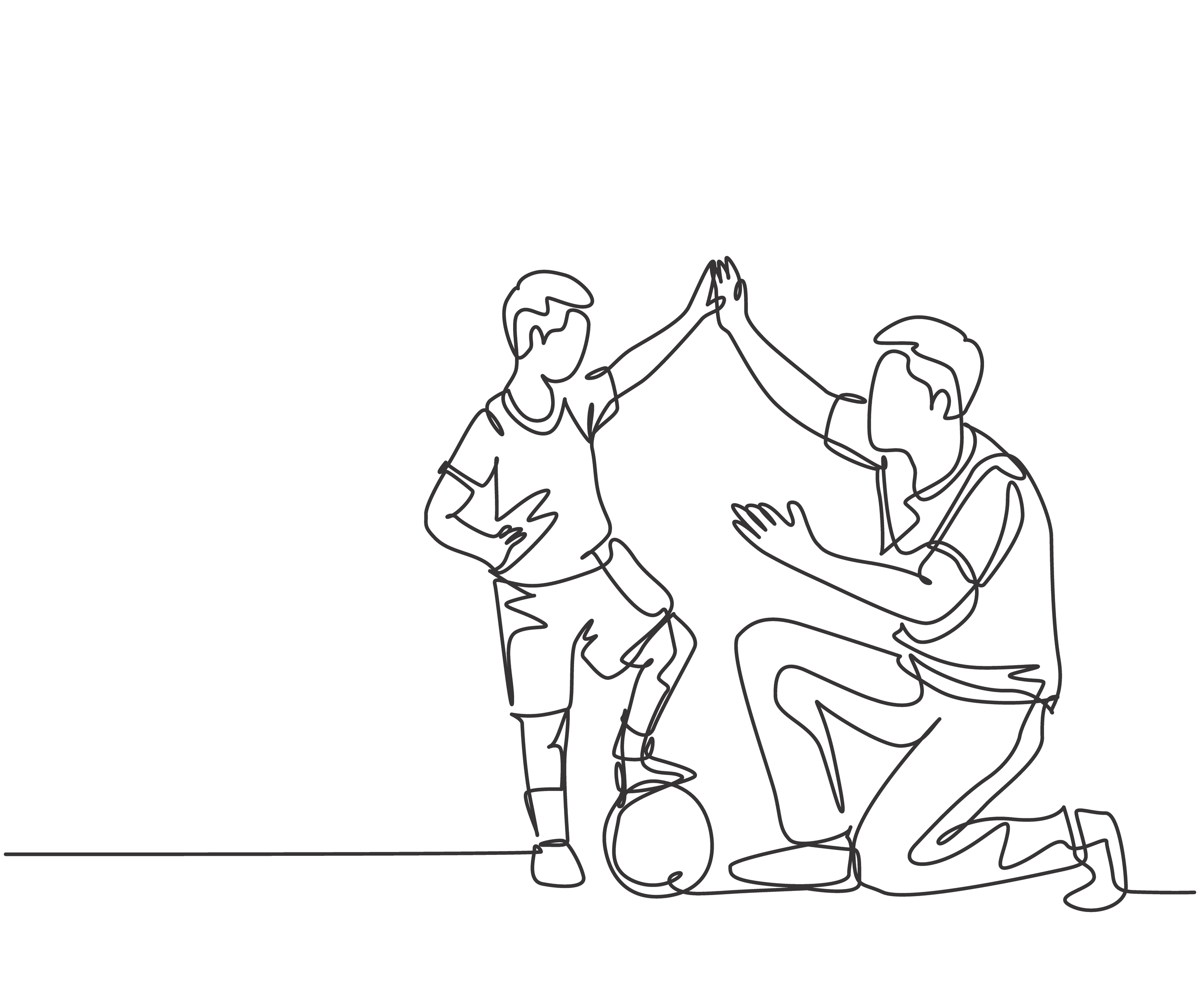Neurological Balance and Medical Disorders
- Seizure Disorders in Children: Symptoms, Diagnosis, and Therapy
- Tourette Syndrome in Children: Symptoms, Diagnosis & Therapy Options
- Substance Use Disorders in Youth: Effects, Signs & Therapy Support
- Cerebral Palsy in Children: Symptoms, Types & Therapy Support
- Pediatric TBI & Concussions: Symptoms, Recovery & Therapy Support
- Pediatric Migraines: Symptoms, Triggers & Therapy Support
- Ehlers-Danlos Syndrome in Children: Symptoms, Types & Therapy Support
- BPPV: Causes, Symptoms & Treatment with Physical Therapy
- Vestibular Disorders: Symptoms, Causes & Therapy Support for All Ages
- Parkinson’s Disease: Symptoms, Treatment & Therapy Support
- Post-Stroke Rehab & CVA Recovery: Find Therapists for Stroke Rehabilitation
- Ataxia: Causes, Symptoms & Rehab Therapies
- Peripheral Neuropathy: Causes, Symptoms & Rehab
- Delayed Motor Milestones in Children | Early Signs, Causes & Therapy
- Hypotonia (Low Muscle Tone) in Children: Symptoms, Causes & Therapy
- Spina Bifida in Children: Types, Symptoms & Therapy Options
- Tic Disorders in Children: Symptoms, Types & Therapy Support
- Down Syndrome
Tourette Syndrome in Children: Symptoms, Diagnosis & Therapy Options

Authored by: The DrSensory Editorial Team
Reviewed by: 🛡️ DrSensory Clinical Review Board – Doctor of Therapy Rehab Division
Last updated: June 2025
Understanding Tourette Syndrome in Children: Signs, Causes, and Therapy Solutions
Tourette Syndrome: What Parents Need to Know
What Is Tourette Syndrome?
Tourette Syndrome (TS) is a neurological disorder characterized by repetitive, involuntary movements and vocalizations known as tics. It typically begins in childhood, often between the ages of 5 and 10. Although TS can vary in severity, early identification and intervention can significantly improve a child’s quality of life.
Tourette Syndrome is part of a group of conditions known as tic disorders, which also include chronic motor or vocal tic disorders and provisional tic disorder.
Common Signs and Symptoms of Tourette Syndrome
Children with Tourette Syndrome display both motor and vocal tics, which can range from mild to severe and may change over time.
Motor Tics
- Eye blinking
- Facial grimacing
- Shoulder shrugging
- Head jerking
- Jumping or twirling
Vocal (Phonic) Tics
- Throat clearing
- Sniffing
- Grunting
- Repeating words or phrases (echolalia)
- In rare cases, involuntary use of inappropriate words (coprolalia)
Associated Conditions
- ADHD
- Obsessive-Compulsive Disorder (OCD)
- Anxiety
- Learning disabilities
- Sensory processing issues
Causes and Risk Factors
The exact cause of Tourette Syndrome is not fully understood, but research suggests a combination of genetic and neurobiological factors. Key influences include:
- Genetics: TS often runs in families.
- Brain abnormalities: Involving neurotransmitters like dopamine, serotonin, and norepinephrine.
- Environmental factors: Prenatal or birth complications may increase risk.
Boys are 3 to 4 times more likely than girls to be diagnosed with Tourette Syndrome.
How Is Tourette Syndrome Diagnosed?
There is no single test for Tourette Syndrome. A diagnosis is typically made by a pediatric neurologist or developmental specialist based on the following:
- Presence of both motor and vocal tics for at least one year
- Onset before the age of 18
- No other medical condition explains the tics
Diagnostic tools may include:
- Clinical interview and observation
- Developmental history
- Family history
- Neurological exams
Does My Child Need Therapy for Tourette Syndrome?
While tics may not always require direct treatment, many children with TS benefit from therapy for related challenges, including:
- Motor coordination issues
- Sensory sensitivities
- Speech and language delays
- Social communication difficulties
- Behavioral or emotional regulation
Therapy Options for Children with Tourette Syndrome
Occupational Therapy (OT)
Focuses on:
- Coping strategies for tics and related sensory sensitivities
- Improving motor planning and coordination
- Supporting participation in school and daily routines
Speech Therapy
Helps with:
- Vocal tics that impact communication
- Social language skills and fluency
- Coping strategies for public speaking or verbal self-regulation
Speech Therapy
- Helps children with language, cognitive, and communication challenges, especially if seizures affect brain regions involved in speech
Physical Therapy
Addresses:
- Gross motor skills affected by frequent or intense motor tics
- Postural control and strength
- Fatigue or muscle tension resulting from repetitive movements
Therapies can be integrated with behavioral strategies such as CBIT (Comprehensive Behavioral Intervention for Tics), one of the most effective evidence-based treatments.
Living With Tourette Syndrome: What Parents Should Know
- Most children see tics lessen over time, especially in late adolescence.
- Supportive environments—both at school and at home—play a vital role.
- Therapy helps build confidence, improve participation, and reduce frustration.
- Early intervention can improve outcomes, especially when co-occurring disorders are addressed.
How DrSensory Helps Families Living With Tourette Syndrome
DrSensory is your trusted partner in navigating pediatric therapy. Use our specialized Therapist Directory to connect with:
- Licensed Occupational Therapists
- Certified Speech-Language Pathologists
- Pediatric Physical Therapists
Our therapist profiles include detailed specialties, experience, location filters, and the option to verify licensure—giving you peace of mind as you find the best care for your child.
Frequently Asked Questions (FAQ)
Is Tourette Syndrome considered a disability?
Tourette Syndrome can qualify as a disability under the Individuals with Disabilities Education Act (IDEA) or Section 504 of the Rehabilitation Act, particularly if it impacts learning or behavior. Eligibility for services varies by severity and school district.
Can children with Tourette Syndrome go to regular school?
Yes, most children with TS attend mainstream schools. However, they may benefit from Individualized Education Programs (IEPs) or 504 Plans to support learning, manage tics, and reduce social stigma.
Do tics always need medication?
No. Many children do not need medication for tics unless they are severe or disruptive. Behavioral therapy (especially CBIT) and supportive therapies can often manage symptoms effectively.
Can therapy reduce tics?
Therapy doesn’t eliminate tics but can help children manage triggers, reduce anxiety, and improve functional abilitiesin daily life. Behavioral interventions like CBIT have been shown to reduce tic severity.
Is Tourette Syndrome lifelong?
While Tourette Syndrome is a lifelong condition, tics often decrease or become less noticeable with age. Some individuals experience complete remission by adulthood.
How do I find a therapist who works with Tourette Syndrome?
DrSensory’s database allows you to search by diagnosis, therapy type, and location. You’ll find vetted, experienced professionals who specialize in developmental and neurological conditions like Tourette Syndrome.
This page provides general educational content and is not a substitute for professional medical advice. Always consult a licensed provider for diagnosis and treatment.
View privacy policy, copyright and trust info
More on Neurological Balance and Medical Disorders

- Seizure Disorders in Children: Symptoms, Diagnosis, and Therapy
- Tourette Syndrome in Children: Symptoms, Diagnosis & Therapy Options
- Substance Use Disorders in Youth: Effects, Signs & Therapy Support
- Cerebral Palsy in Children: Symptoms, Types & Therapy Support
- Pediatric TBI & Concussions: Symptoms, Recovery & Therapy Support
- Pediatric Migraines: Symptoms, Triggers & Therapy Support
- Ehlers-Danlos Syndrome in Children: Symptoms, Types & Therapy Support
- BPPV: Causes, Symptoms & Treatment with Physical Therapy
- Vestibular Disorders: Symptoms, Causes & Therapy Support for All Ages
- Parkinson’s Disease: Symptoms, Treatment & Therapy Support
- Post-Stroke Rehab & CVA Recovery: Find Therapists for Stroke Rehabilitation
- Ataxia: Causes, Symptoms & Rehab Therapies
- Peripheral Neuropathy: Causes, Symptoms & Rehab
- Delayed Motor Milestones in Children | Early Signs, Causes & Therapy
- Hypotonia (Low Muscle Tone) in Children: Symptoms, Causes & Therapy
- Spina Bifida in Children: Types, Symptoms & Therapy Options
- Tic Disorders in Children: Symptoms, Types & Therapy Support
- Down Syndrome
Find a Therapist near you
Are you looking for a physical, occupational, or speech therapist in your area?
Look no further than the DrSensory Therapist Database and Clinic Directory!
Find a Therapist
Find the physical therapist, occupational therapist, or speech language pathologist you’re looking for!
Ask Us Anything
Whether you are looking for advice, have a general question about sensory processing, or looking for resources.
Submit Your Story
Share your story about your child. Let’s celebrate milestones and learn more about challenges.






















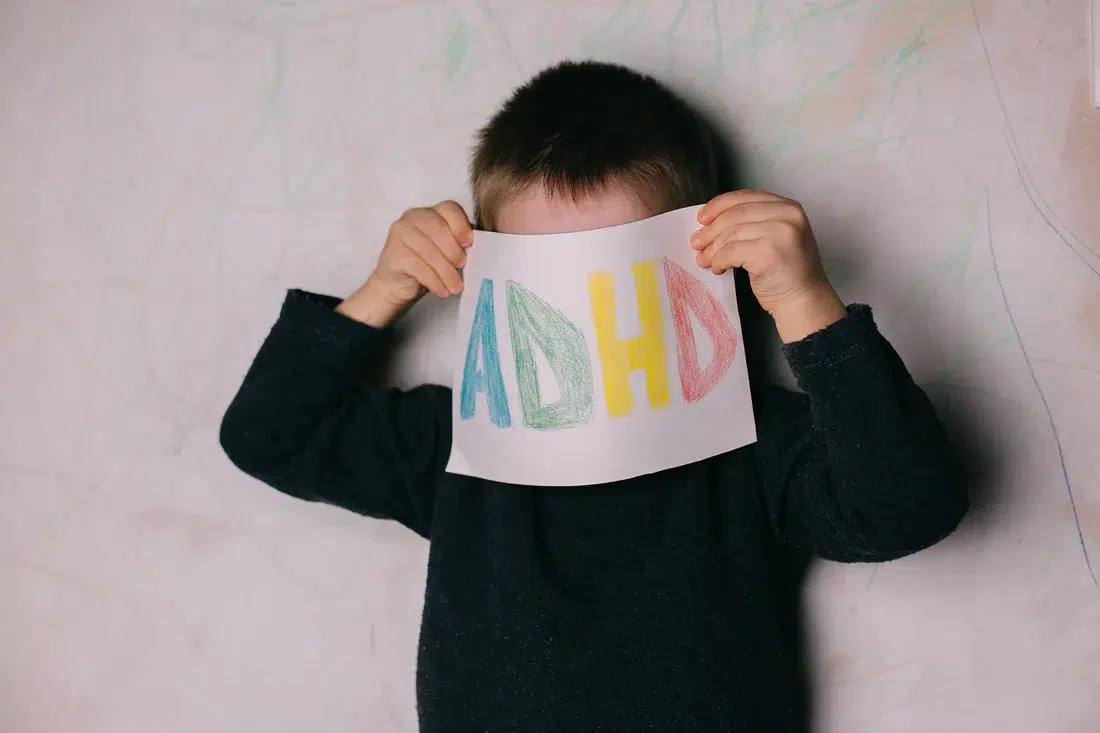




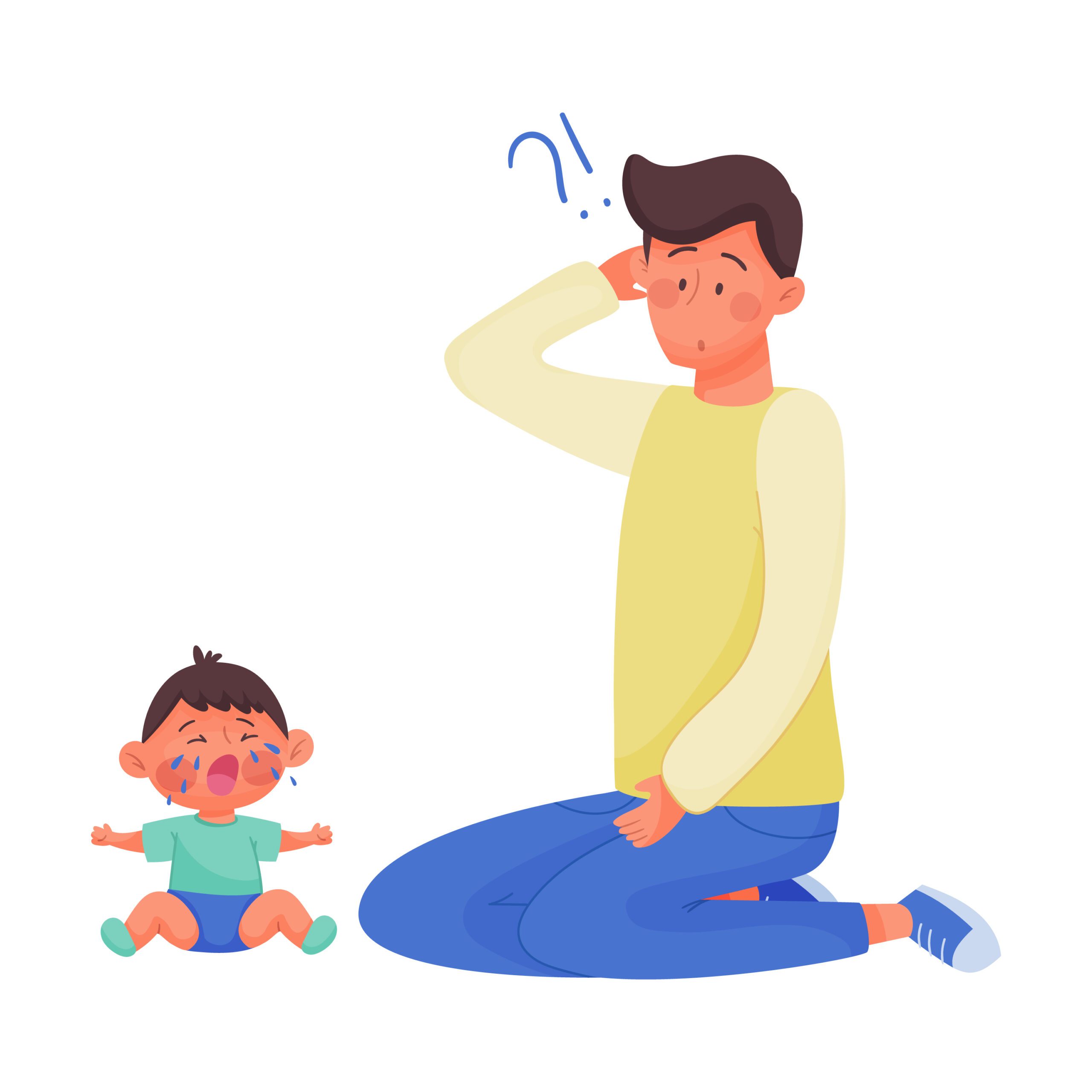
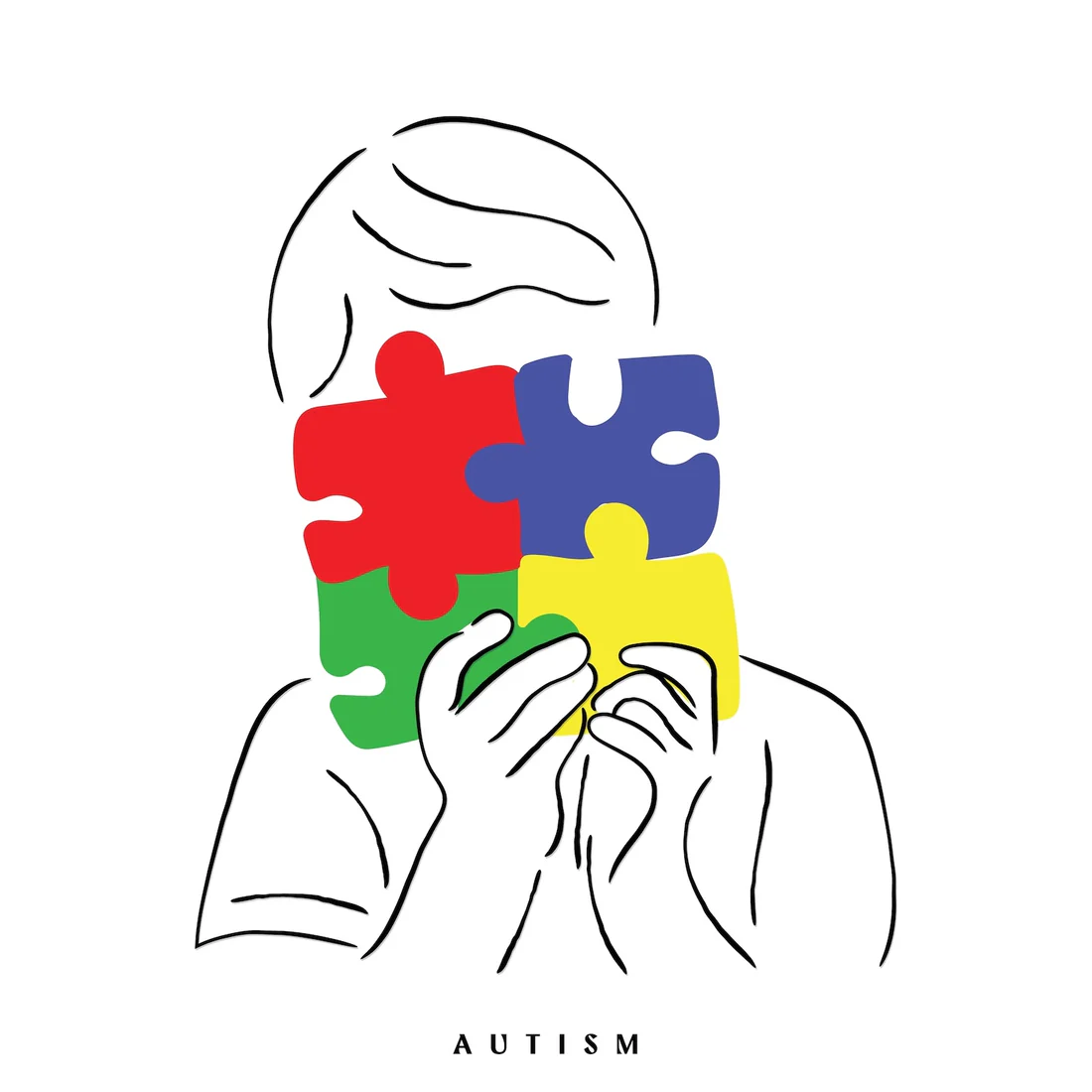
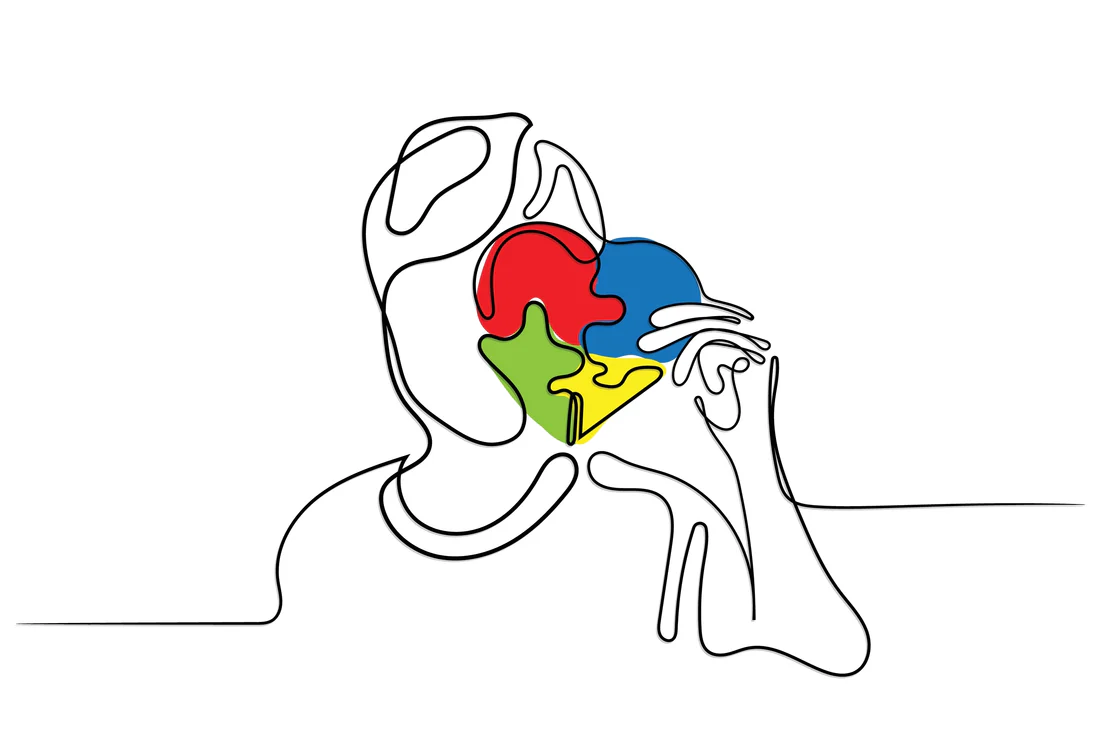










 Speech Therapy
Speech Therapy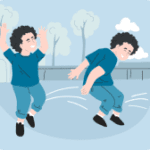 Physical Therapy
Physical Therapy Occupational Therapy
Occupational Therapy




